CAS TPP: Policy Process
Next start in January 2027. Application window open from 15 August – 15 November 2026.

Learning objectives
The CAS in Technology and Public Policy (TPP): Policy Process degree equips participants with essential skills in public policy analysis. The primary focus lies on how to systematically analyse, design and manage policy-making processes.
As shown in the below figure, the CAS TPP: Policy Process focuses on the interface between politics (the input into the policy process) and policy (the output of the policy process, such as laws and regulations) in public policy analysis.
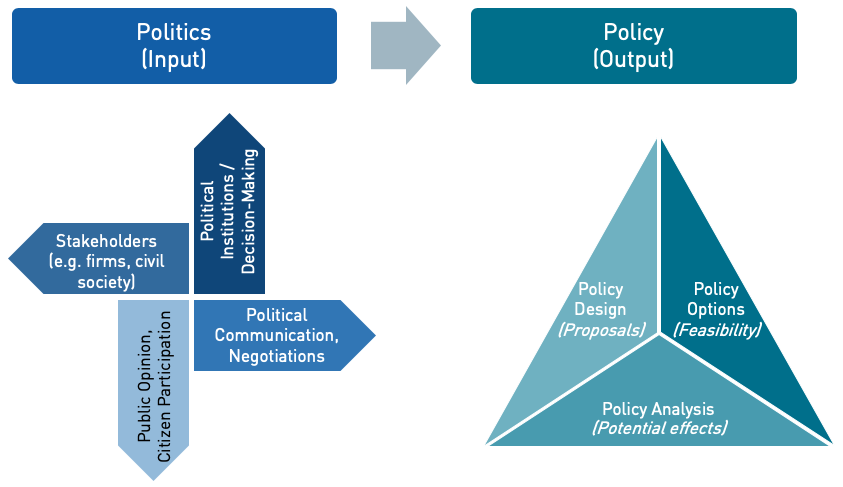
The learning objectives of the CAS TPP: Policy Process degree are to equip participants with skills that are essential for:
- analysing how public institutions function and how policy choices are made;
- managing policy-making processes and communicating effectively with policy-makers, stakeholders, and the public.
The programme combines general skills in policy analysis with opportunities to apply these skills to the policy issues that interest programme participants or to problems that are relevant in their professional settings (e.g., mobility, energy, public health, the digital space, urban planning, environment / sustainability, security).
Structure & Schedule
The CAS TPP: Policy Process degree is only offered in the spring semester of uneven years (e.g., 2025, 2027), taking place between the end of January and the middle of June.
The degree consists of three modules that are taught in 21 days of in-person classes, organised into approximately 10 blocks of two or three days each. The programme is worth 15 ECTS, which equals around 450 hours of workload in total. The credits reflect the total workload, including preparation and follow-up. Please note that the individual submodules and lectures can be subject to change.
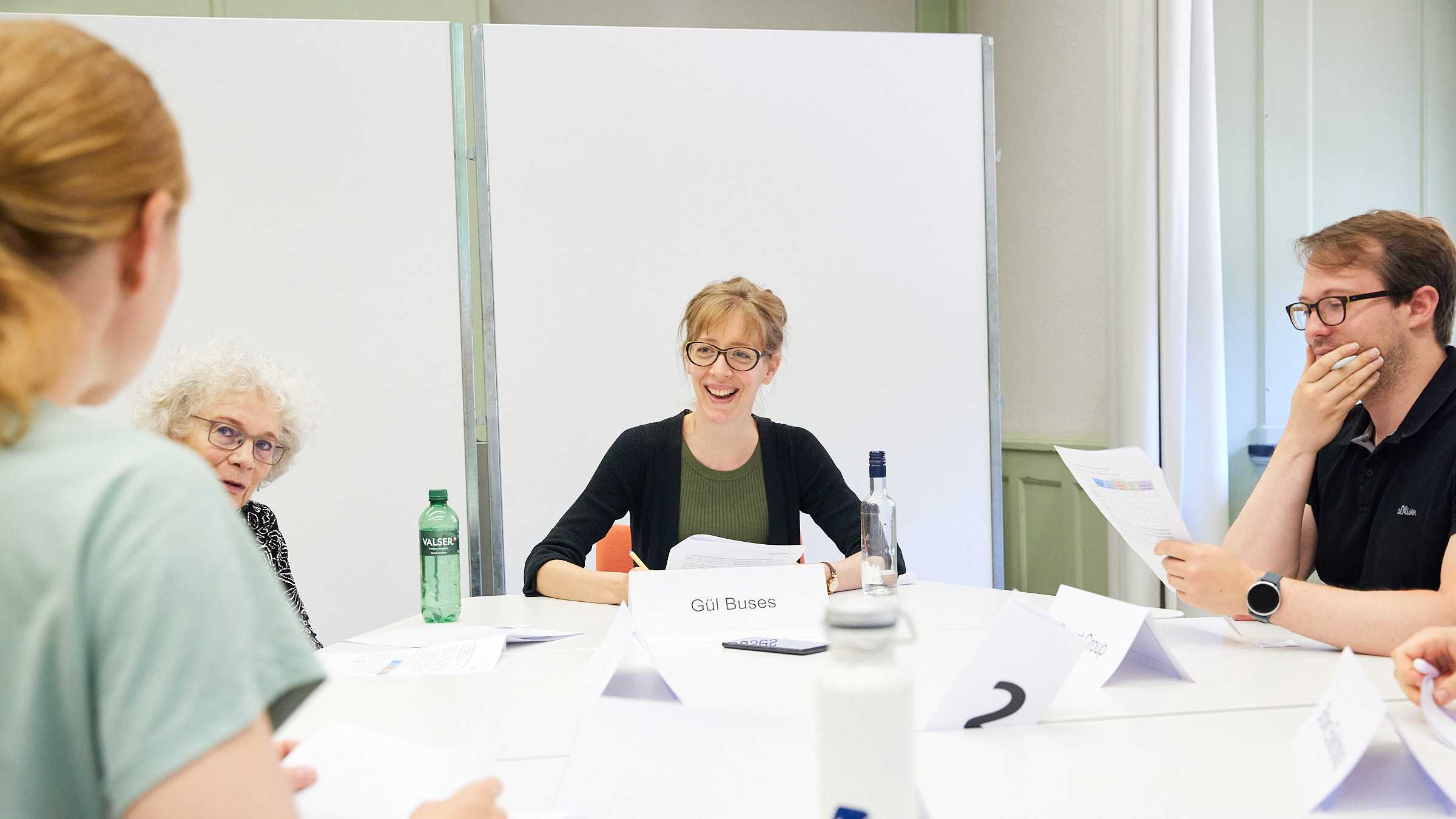
Module 1: Technology, Society, Markets, and the State
Technological innovation is seldom entirely market-driven but often requires policy intervention. This module will introduce the participants into the literature that aims to understand technology and the underlying markets and its interaction with policy and its underlying politics. Besides an academic perspective, it will introduce practitioners working at the technology-policy interface.
Participants understand (1) what public policy and policy analysis are, (2) why policy analysis is important for evidence-based policy-making, (3) how policy analysis is undertaken in a consulting firm, and (4) they learn from each other for which current professional challenges policy analysis will be useful.
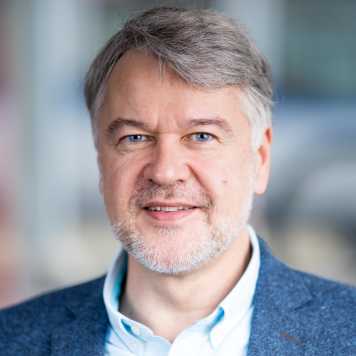
Prof. Dr. Thomas Bernauer
Professor of Political Science and TPP Programme Director
Participants understand (1) what the key technological innovations in history have been, (2) how technological innovation unfolds and what factors drive it or slow it down, (3) what role the state (public policy, regulatory frameworks), markets (consumers, firms), and other stakeholders play in this regard.
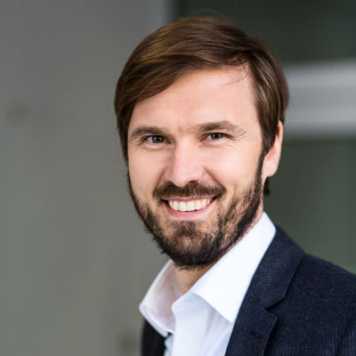
Prof. Dr. Tobias Schmidt
Professor of Energy and Technology Policy
TPP Programme Deputy Director
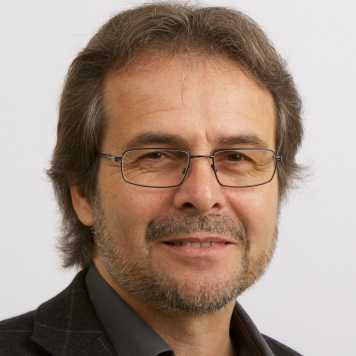
external page Prof. Dr. Bernhard Truffer
Head of Department of Environmental Social Sciences at Eawag - Swiss Federal Institute of Aquatic Science and Technology
Participants understand (1) the policy process and frameworks to analyse it, (2) how electoral systems, legislatures, government, public administrations, the judiciary, parties and interest groups function and shape policy choices, and (3) how the European Union and international organisations decide on and implement policies.
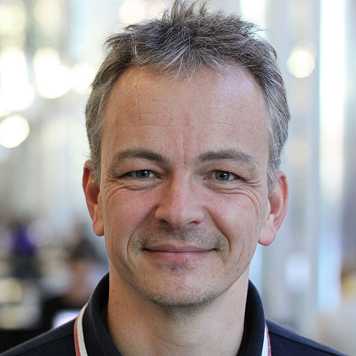
external page Prof. Dr. Daniel Kübler
Professor of Democracy and Public Governance, University of Zurich
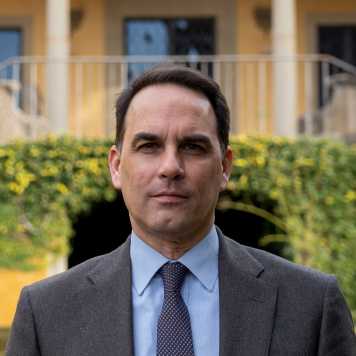
external page Prof. Dr. Daniele Caramani
Professor of Comparative Politics, University of Zurich

Prof. Dr. Thomas Bernauer
Professor of International Political Economy / Environmental Politics
TPP Programme Director

Prof. Dr. Christian Freudlsperger
Assistant Professor of Multilevel Politics
Module 2: Public Sphere and Stakeholders in Policy-Making
Citizens, consumers, firms, and other stakeholders play an important role in designing and implementing policies that affect and/or are affected by technology. This module enables participants to understand what role public opinion and behavioural approaches play in policy design and implementation, and to systematically design and analyse citizen and stakeholder participation in policy-making.
Participants understand (1) what role public opinion plays in policy design and implementation processes, (2) how public opinion surveys are designed, (3) how public opinion data is collected, (4) how such data is analysed, (5) how social media data can be used to assess public opinion, (6) how behavioural (field) experiments can be used for policy analysis.

Prof. Dr. Thomas Bernauer
Professor of International Political Economy / Environmental Politics
TPP Programme Director
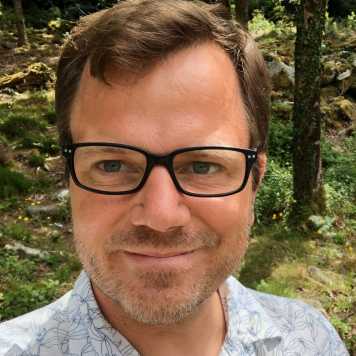
Dr. E. Keith Smith
Senior Researcher, International Political Economy / Environmental Politics Group
Participants understand (1) what forms of citizen and stakeholder participation can be used when policy interventions are designed and implemented, (2) how such participation can influence decision processes, policy choices, and policy outcomes, (3) what the pitfalls of particular participation forms are and how they can be avoided.

Prof. Dr. David Kaufmann
Assistant Professor of Spatial Development and Urban Policy
Module 3: Communication and Negotiation
This module enables participants to understand and assess political communication and information-processing techniques, strategies and activities. It also enables them to identify different negotiation situations and apply respective negotiation approaches. These are important skills in order to effectively co-design policies through collaboration between scientists and political practitioners.
Participants (1) understand key communication and information-processing principles and techniques, (2) are able to assess political communication strategies and activities, and (3) are able to identify appropriate creative solutions to political communication challenges.
Lecturers will be announced in due course.
Participants (1) understand and are able to identify different negotiation situations, (2) analyse specific cases, and discuss respective negotiation approaches based on important negotiation methods.
Lecturers will be announced in due course.
Course dates: Tentative Schedule will be shared here in due time.
General information: For general information about the TPP programme, such as the participant profile and fees, please refer to the TPP Programme section.
Application window: 15 August 2026 until 15 November 2026. Applying early is recommended.
Study regulations:
- Study Regulations CAS TPP: Policy Process (in German)
- Study Regulations CAS TPP: Policy Process - Translation (in English)
Get in touch with us
If you have any questions, do not hesitate to get in touch with us. Write us an email, ring us up, schedule a video call, or stop by our Institute for a coffee. The TPP Programme Manager will be happy to help you.
